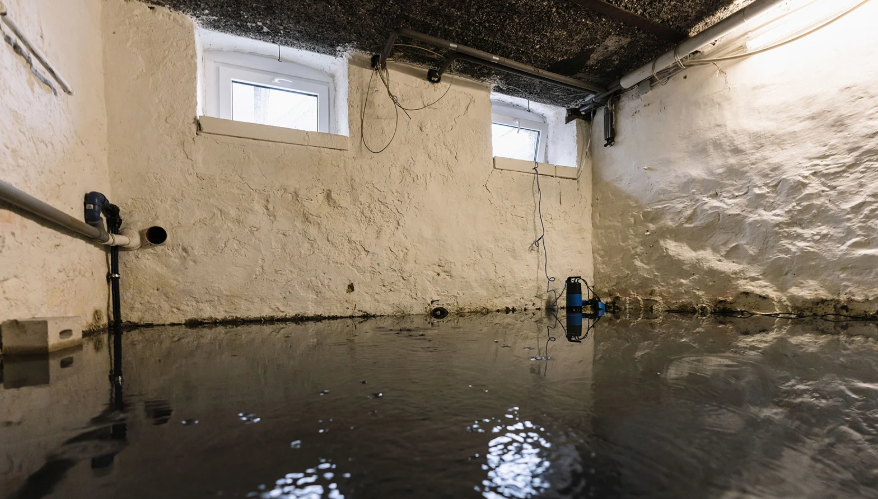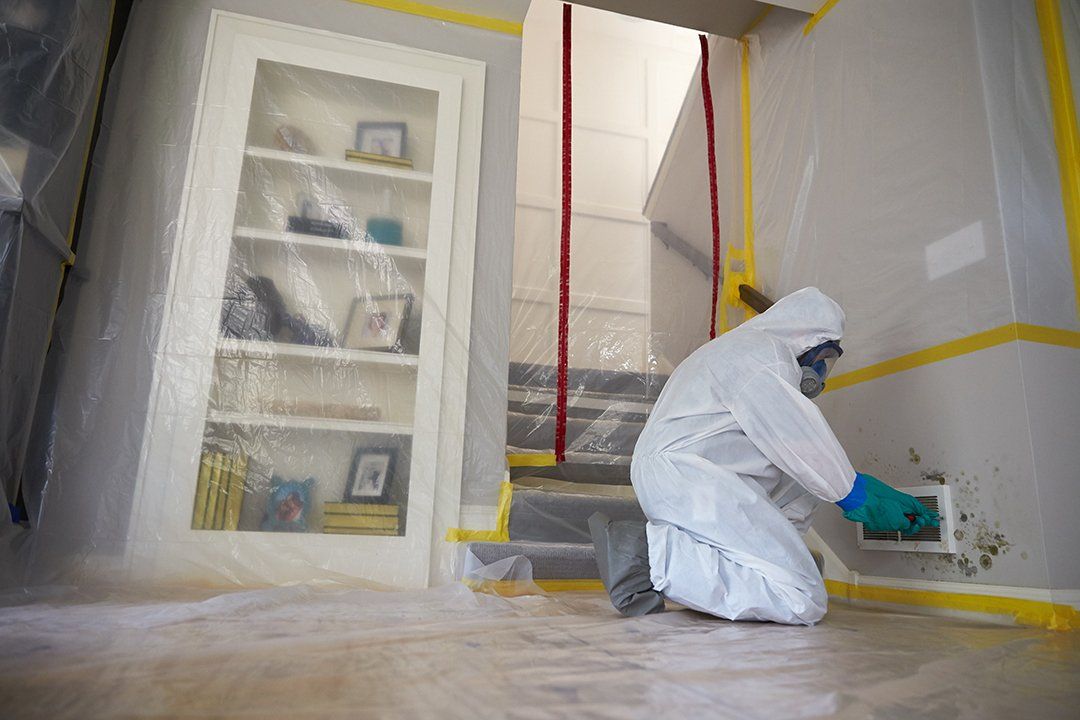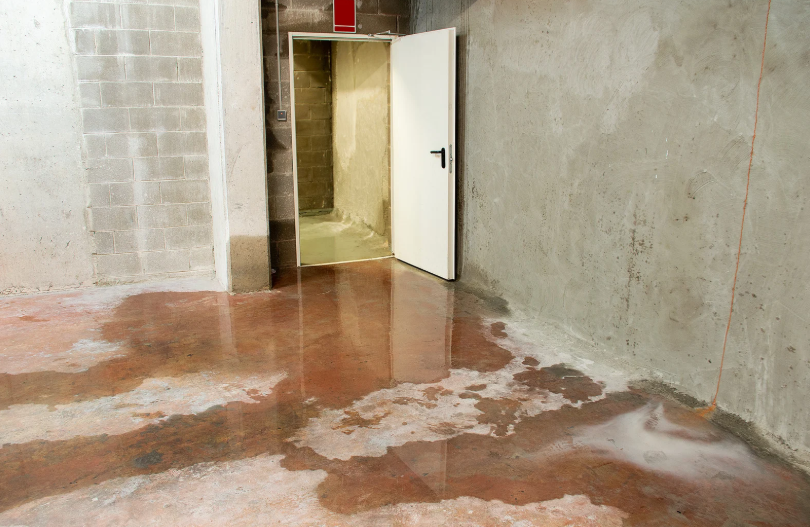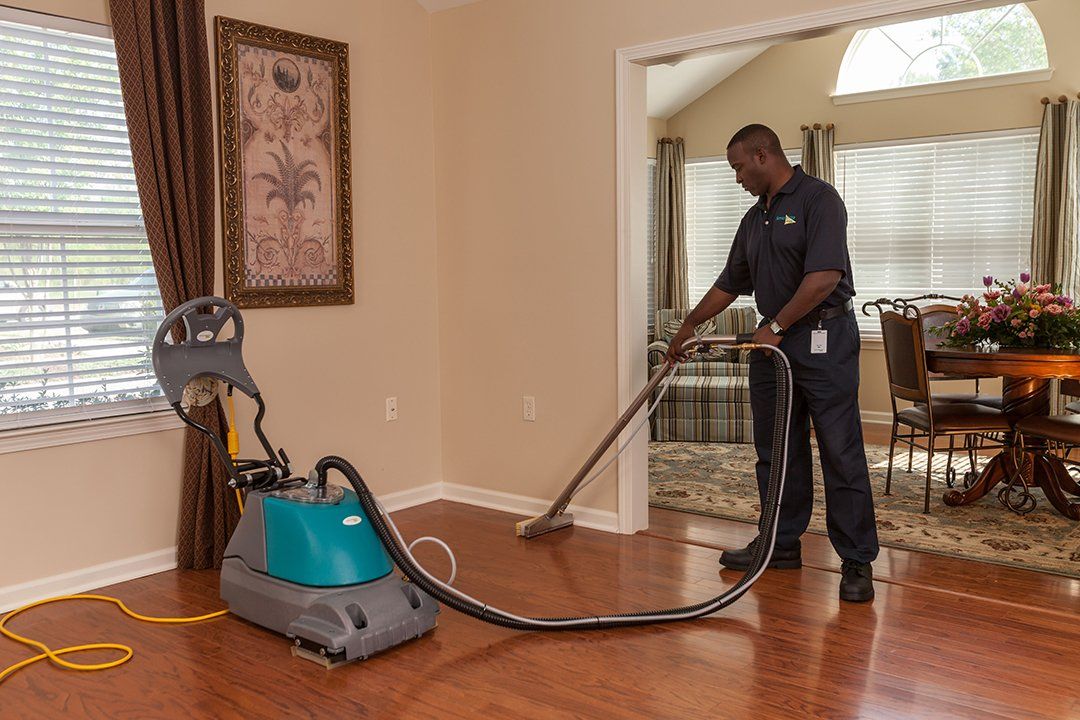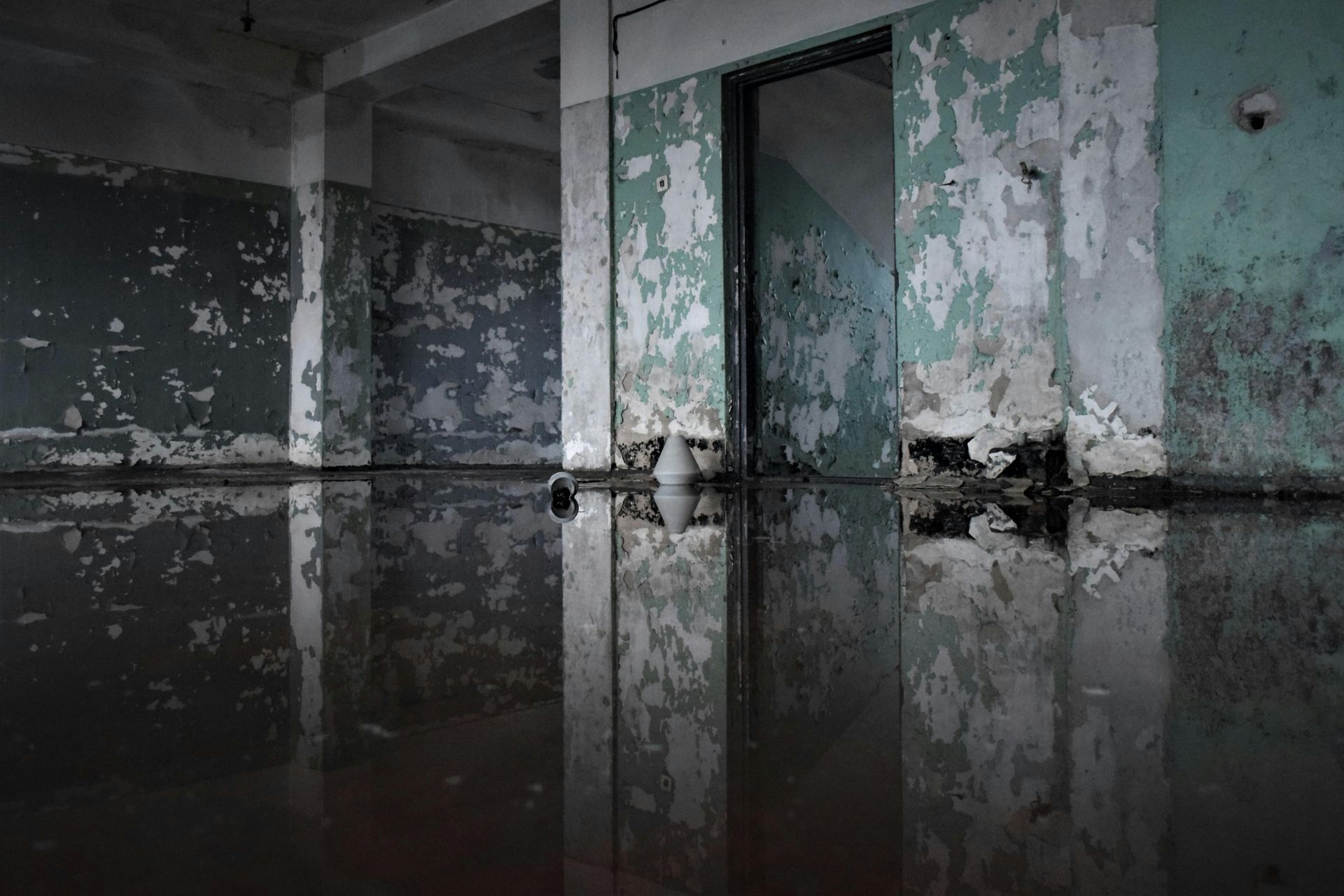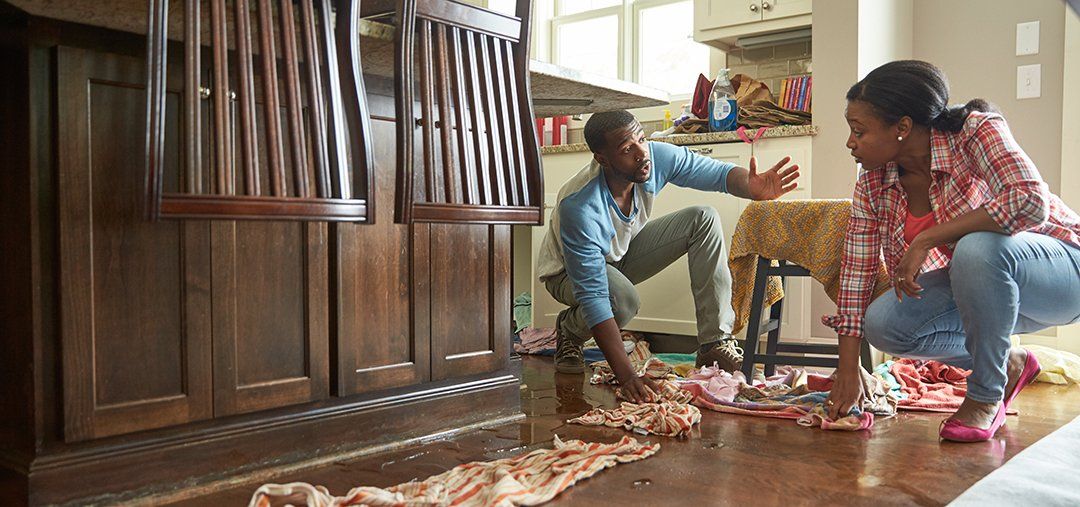Preventing Future Fire Damage with Proper Safety Measures
Fires can be devastating events, causing significant property damage, injury, and even loss of life. While some fires are simply unavoidable, many can be prevented with the right safety measures in place. Whether you're a homeowner, business owner, or renter, it’s essential to take proactive steps to minimize the risk of fire damage. By establishing clear safety protocols, maintaining fire detection systems, and being mindful of fire hazards, you can help protect your property and loved ones from the potentially catastrophic consequences of fire.
In this blog, we’ll explore a variety of strategies for preventing
fire damage, from routine maintenance tasks to advanced fire safety systems. We’ll also cover the importance of education and awareness when it comes to fire prevention. Armed with this knowledge, you’ll be better equipped to safeguard your property against the risk of fire.
1. Install Smoke Detectors and Maintain Them Regularly
One of the most effective ways to prevent fire damage is to have smoke detectors installed throughout your property. These simple yet vital devices can alert you to a fire before it spreads, giving you valuable time to evacuate or take other actions to minimize damage. For maximum effectiveness, smoke detectors should be installed in every bedroom, hallway, and common area. They should also be tested monthly to ensure they are working correctly.
Make sure that your smoke detectors are powered by reliable batteries or are hardwired into your home’s electrical system. If you’re using battery-operated detectors, remember to replace the batteries at least once a year. Many fire-related incidents happen during the night, making smoke detectors even more critical during sleeping hours when fires can spread quickly without detection.
2. Create and Practice an Escape Plan
In the event of a fire, having a well-thought-out escape plan can make all the difference. It’s essential to create a fire escape plan that includes multiple exit routes and a designated meeting point outside the property. Ensure that everyone in your household, including children, understands the plan and practices it regularly.
For families with young children or elderly members, special accommodations may need to be made to ensure they can safely evacuate in case of an emergency. Additionally, it’s essential to keep escape routes clear of obstacles and ensure that windows, doors, and stairways are easily accessible.
3. Use Fire-Resistant Materials
When building or renovating your property, one of the most effective ways to prevent future fire damage is by choosing fire-resistant materials. There are numerous building materials on the market that are designed to resist the spread of fire, such as fire-resistant insulation, roofing materials, and siding. Using fire-resistant materials can help slow down the progression of a fire, giving you more time to evacuate or take action to control the situation.
For instance, choosing a fire-resistant roof made from materials like metal, clay, or concrete tiles can significantly reduce the likelihood of fire damage, particularly in areas prone to wildfires. Additionally, fire-resistant drywall can help prevent the spread of flames, and fire-rated windows can provide further protection.
4. Keep Flammable Materials Safe and Away from Heat Sources
Many household items, such as cleaning products, gasoline, and certain fabrics, are highly flammable. It’s important to store these items safely and away from heat sources, such as stoves, heaters, or electrical outlets. If these materials catch fire, the consequences can be catastrophic.
Designate specific storage areas for flammable materials, such as garages or sheds, and ensure they are sealed in proper containers. Similarly, be mindful of candles, space heaters, and cooking equipment. Never leave candles burning unattended, and always keep space heaters away from curtains, furniture, or other flammable objects.
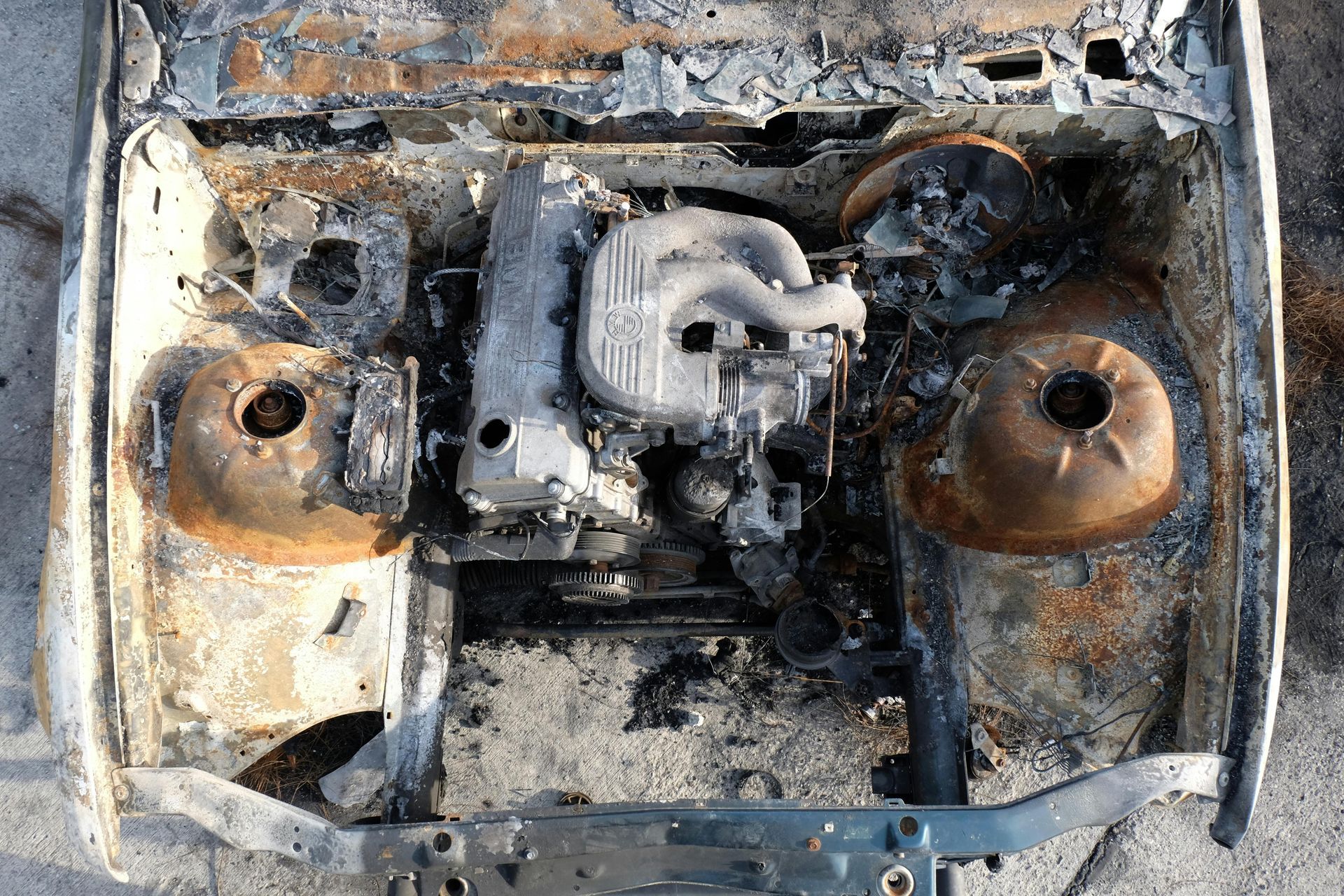
5. Maintain Electrical Systems and Appliances
Faulty electrical systems and appliances are common causes of fires. To reduce the risk of fire damage, it’s essential to keep your electrical systems in top working condition. Have a licensed electrician inspect your wiring regularly, especially in older homes. Pay attention to signs of faulty wiring, such as flickering lights, tripped circuit breakers, or burning smells, and address these issues promptly.
When it comes to appliances, ensure that they are used according to manufacturer guidelines and are maintained regularly. Never overload power outlets or extension cords, as this can increase the risk of electrical fires. If an appliance or electrical device is malfunctioning or showing signs of wear, replace it immediately.
6. Install Fire Extinguishers in Key Locations
Fire extinguishers are an essential tool for preventing small fires from escalating into larger, more dangerous blazes. Having a fire extinguisher in key locations throughout your property can help you quickly address fires in their early stages. Recommended locations for fire extinguishers include the kitchen, garage, laundry room, and near any heating sources.
Make sure to choose the right type of fire extinguisher for different fire hazards. Class A extinguishers are ideal for common combustibles like wood or paper, while Class B extinguishers are designed for flammable liquids like gasoline. Class C extinguishers are best for electrical fires. Check the pressure gauge regularly and ensure the extinguisher is easy to access and in good working order.
7. Landscaping and Fire-Resistant Landscaping
For homeowners, particularly in areas prone to wildfires, fire-resistant landscaping is a critical consideration. The materials and plants surrounding your home can either act as a barrier or fuel the spread of fire. Trim trees and bushes regularly, especially those with dead branches or dry leaves, as these can easily catch fire in hot, dry conditions.
Consider replacing highly flammable plants with fire-resistant alternatives, such as succulents, ornamental grasses, and flowers that are less likely to ignite. Additionally, maintaining a defensible space around your property can help protect it from wildfires, particularly in areas near forests or grasslands.
8. Conduct Regular Home Inspections
Regular inspections of your home can help identify fire hazards before they become a significant issue. Inspect your heating systems, chimney, and ventilation regularly to ensure they are clean and in good working order. A dirty chimney can cause dangerous creosote buildup, leading to chimney fires that can quickly spread to the rest of your property.
If you use a wood stove or fireplace, make sure to inspect them for any signs of damage or wear. Clean the stove or fireplace regularly and always use appropriate fire starters. Additionally, check your smoke alarms, fire extinguishers, and other fire safety equipment to ensure they are functional.
9. Educate Your Family and Employees About Fire Safety
Whether you’re a homeowner or business owner, educating those around you about fire safety is essential. For families, this means teaching children about fire dangers and how to respond in an emergency. For businesses, ensuring that employees understand fire safety protocols and evacuation procedures is a legal and moral responsibility.
Consider enrolling your family or employees in fire safety training courses or workshops. These can provide valuable information on how to recognize fire hazards, use fire extinguishers properly, and respond effectively in the event of a fire.
10. Consider Fire Protection Systems
For those looking for an added layer of protection, installing fire protection systems is an excellent investment. Sprinkler systems, for example, can automatically suppress fires and reduce the spread of flames. Similarly, fire alarms connected to monitoring services can immediately alert emergency responders, minimizing response times and preventing further damage.
While these systems can be costly, they can also save lives and property in the long run. If you're unsure about which systems are best for your property, consult with a fire protection professional to assess your needs.
11. Know What to Do After a Fire
Despite all preventive measures, sometimes fires can still occur. In the unfortunate event that you do experience fire damage, it’s essential to know the immediate steps to take. First, ensure that everyone is safe and accounted for. Once the fire is out, contact a professional fire damage restoration service to assess the extent of the damage.
These professionals can help with smoke and soot cleanup, water damage remediation (from fire-fighting efforts), and structural repairs. They’ll work quickly to restore your property and prevent further damage. Document all fire damage for insurance purposes, and avoid attempting to clean up or repair anything until the damage has been properly assessed.
Conclusion
Fire damage can have far-reaching consequences, but many of these tragedies are preventable with the proper safety measures in place. By investing in fire detection systems, creating an escape plan, using fire-resistant materials, and regularly maintaining electrical systems, you can significantly reduce the risk of fire damage. Regular inspections, fire extinguishers, and landscaping choices also contribute to a fire-safe environment. Lastly, educating your family or employees on fire safety protocols ensures that everyone is prepared in the event of an emergency.
If you’re in Lisle, Illinois, and need professional advice or assistance on fire damage prevention, consider reaching out to ServiceMaster Restoration Services for expert legal guidance. You can contact us at (630) 241-1111. Let us help you protect your home, property, and loved ones from the dangers of fire.
Blog
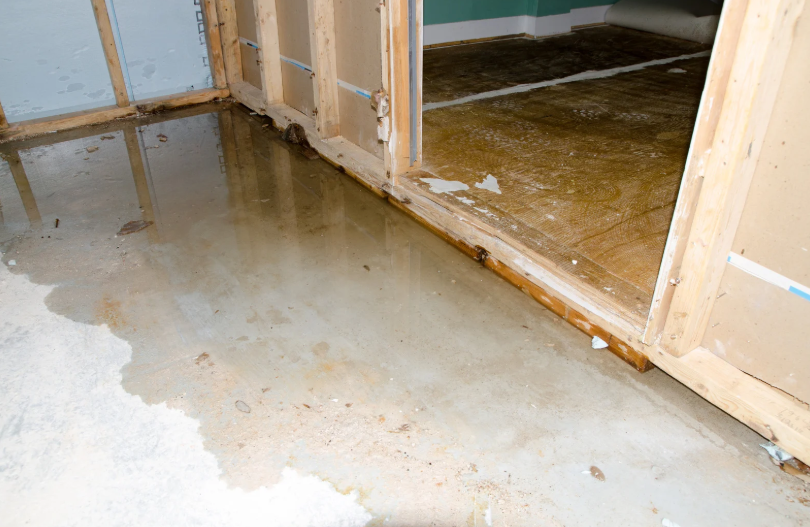
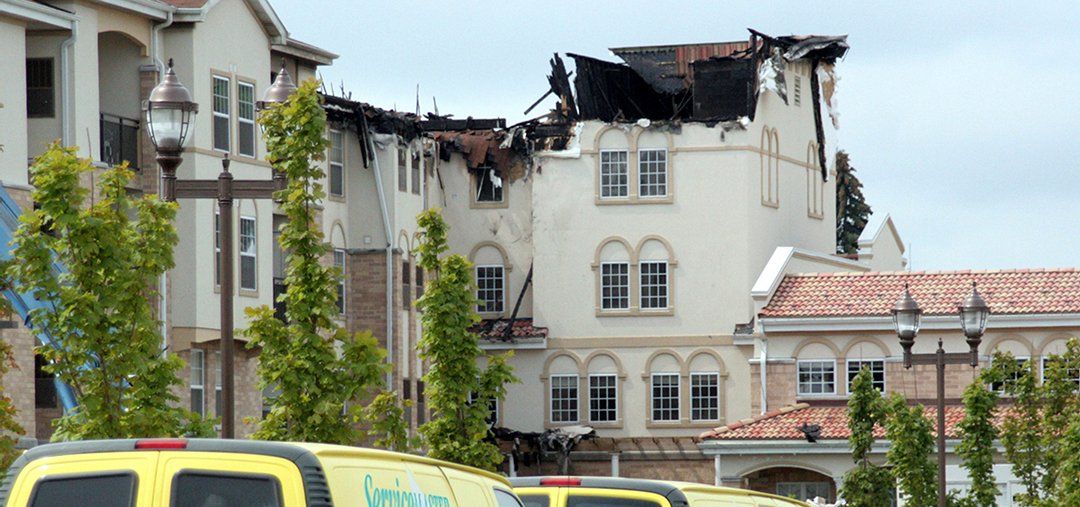
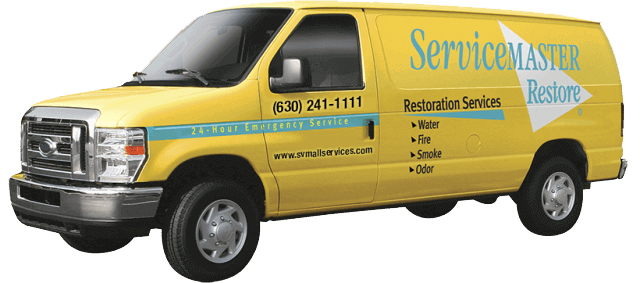
ServiceMaster Restoration Services Lisle
924 Ogden Ave.Lisle, Illinois 60532Phone: (630) 241-1111
ServiceMaster Restoration Services Elmhurst
691 N Church Rd Ste 204Elmhurst, Illinois 60126Phone: (630) 717-2222
ServiceMaster Restoration Services Naperville
904 Piedmont CirNaperville, IL 60565Phone: (630) 717-9292
Our Location
924 Ogden Ave.Lisle, Illinois 60532
All Rights Reserved | Service Master Restoration services

